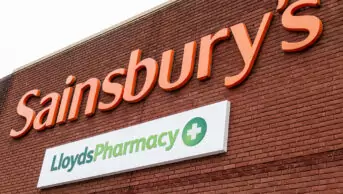
Shutterstock.com
Junior doctors are locked in battle with the UK Secretary of State for Health Jeremy Hunt over a proposed new contract. Currently, junior doctors’ salary is a combination of basic pay and a “banding” (a supplement to account for antisocial hours worked). The new contract changes the definition of antisocial hours from 7am–7pm Monday to Friday to 7am–10pm Monday to Saturday. The rate for Sundays will be reduced as well. This could mean that some junior doctors lose up to 30% of their pay compared with the current contract. For only the second time in 40 years, doctors are planning to strike in protest at the new pay and conditions.
Under the proposed reforms — part of the government’s promise to deliver a seven-day NHS — the hours that count as “unsociable” and therefore demand extra pay will be dramatically reduced. Salary increases will no longer be linked with time spent in service but with meeting certain levels of training — a move that the British Medical Association (BMA), the professional body for UK doctors, says will unfairly punish those who take time out from their career to have children.
Under the extreme media scrutiny and pressure from the BMA, the health secretary has proposed an 11% increase in the basic pay of junior doctors. But this will not necessarily offset the cuts in overtime pay and may mean that junior doctors, already working punishing hours, may be forced to work longer for little or no extra money.
It is important for all healthcare professionals, including pharmacists, to support junior doctors during this testing time. The NHS is heading for a £2bn deficit and is struggling to maintain safe staffing levels. Doctors and nurses are already stretched to the limit. The UK has 2.8 doctors per 1,000 population, the lowest in Europe except Romania, Slovenia, Poland and Ireland. There is also a deficit of 15,000 nursing staff, in part a result of the government’s unwillingness to fund training places.
Organisations such as the Nuffield Trust — which conducts evidence-based research and policy analysis for improving healthcare in the UK — are warning that the NHS could imminently collapse. Ultimately, the NHS needs more money and more staff. Healthcare professionals in all disciplines need to band together.
The government attack on pay and hours will not be confined to junior doctors; next in line is consultants’ contracts. The tone adopted by Hunt clearly demonstrates the government’s determination to force the very people who make the NHS possible to accept worsening conditions, not to mention the lack of appreciation and respect shown to those working in healthcare. Junior doctors are not just fighting for themselves, but for all those who work for the NHS.


